The Federal Trade Commission (FTC) has begun distributing 50,994 payments, totaling over $2.5 million, to individuals who filed valid claims in connection with deceptive “pre-approved” credit offers from Credit Karma. This marks the resolution of a settlement addressing claims that Credit Karma misled users, causing them to waste time and suffer potential credit score damage.
Background: The Case Against Credit Karma
Credit Karma, a popular financial service platform, advertised “pre-approved” credit card offers to consumers, creating the impression that these offers were guaranteed. However, the FTC found that a significant portion of these individuals were not eligible for the advertised credit products. When their applications were denied, consumers reported not only wasted time but also a negative impact on their credit scores due to hard inquiries triggered by the application process.
FTC’s Actions and Settlement Terms
In its complaint, the FTC alleged that Credit Karma used deceptive tactics to encourage users to apply for credit cards they were unlikely to qualify for. The settlement required Credit Karma to:
- Cease Misleading Claims: Credit Karma agreed to stop advertising credit offers as “pre-approved” unless such claims were verifiable.
- Monetary Compensation: The company paid $2.5 million to compensate affected consumers.
The FTC used this settlement amount to reimburse individuals who filed claims by the designated deadline.
Old Navy & Gap Face New Class-Action Lawsuit 2024 Over “False Discounts”
WestJet Baggage Fee Settlement Lawsuit 2024: How to Claim Your Share of the $12.5 Million
Details About the Payments
Distribution Method
Claimants will receive payments based on their chosen preference during the claims process:
- Check: Checks must be cashed within 90 days of the issue date.
- PayPal: Digital payments via PayPal must be accepted within 30 days.
Recipients are encouraged to act promptly to avoid losing access to their compensation.
Payment Amounts
The exact payment each individual receives depends on the number of valid claims filed. With over $2.5 million distributed among 50,994 claimants, the average payout is approximately $49 per person.
How Canadians Can Claim Up to $375 from the Rogers & Yahoo Class Action Settlement
Rogers Yahoo Canada Data Breach Settlement 2024: Claim Deadline, Eligibility, and How to Apply
Scotiabank Vacation Pay Class Action Lawsuit 2024: Did They Underpay You?
Next Steps for Recipients
- If You Receive a Check:
- Review the check carefully to ensure it’s legitimate.
- Deposit or cash it promptly to avoid missing the 90-day deadline.
- If You Receive a PayPal Payment:
- Check your email or PayPal account for the payment notification.
- Accept the payment within 30 days, or it will be returned to the FTC.
- Report Issues: If you encounter problems with your payment, contact the FTC immediately for assistance.
Why This Settlement Matters
This case serves as a reminder of the importance of transparency in financial advertising. The FTC’s actions highlight the agency’s commitment to holding companies accountable for misleading consumers and ensuring that affected individuals receive fair compensation.
Additionally, the settlement emphasizes the need for consumers to remain vigilant when engaging with credit offers. Understanding the terms and verifying claims can help avoid similar situations in the future.
iPhone Class Action Canada 2024: Claim Your Settlement Before Deadline
KIA-Hyundai Theft Class Action Lawsuit Settlement 2024: Eligibility and Affected Models
Facebook Class Action Settlement (Canada) – Who is Eligible & How to Claim?
Capital One Bank Class Action Settlement 2024 Payout Per Person, Eligibility & Payment Date
Verizon Class Action Lawsuit Settlement 2024: Customers Could Get Up to $100 Payout
The FTC’s distribution of $2.5 million to Credit Karma victims is a significant step toward justice for those misled by deceptive practices. If you were part of this claims process, ensure you access your compensation promptly. For others, this case underscores the importance of scrutinizing financial offers to avoid unnecessary risks.
For updated information or to report issues, visit the FTC’s official website.
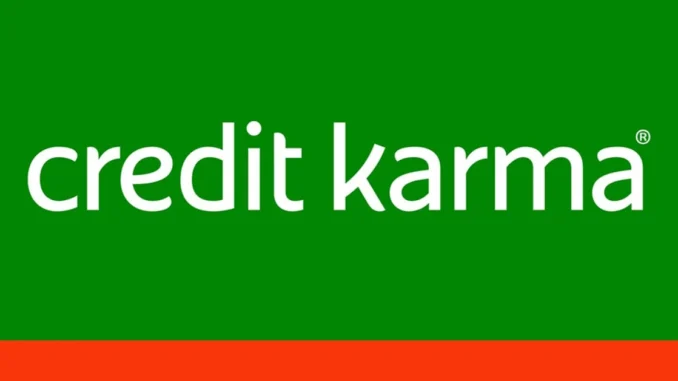
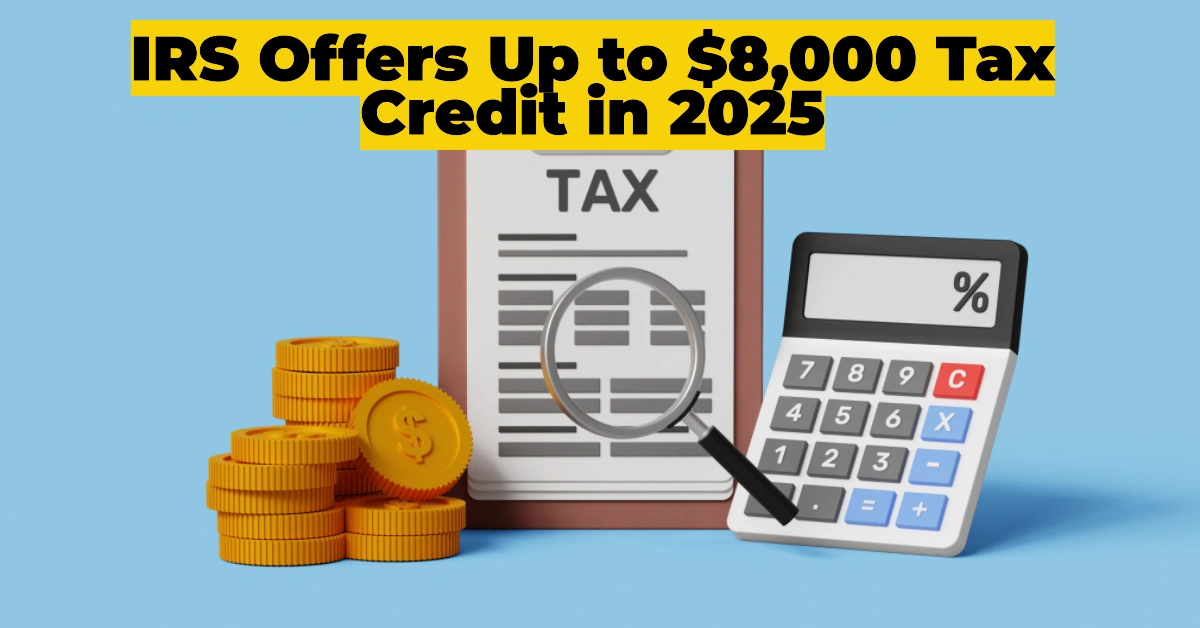
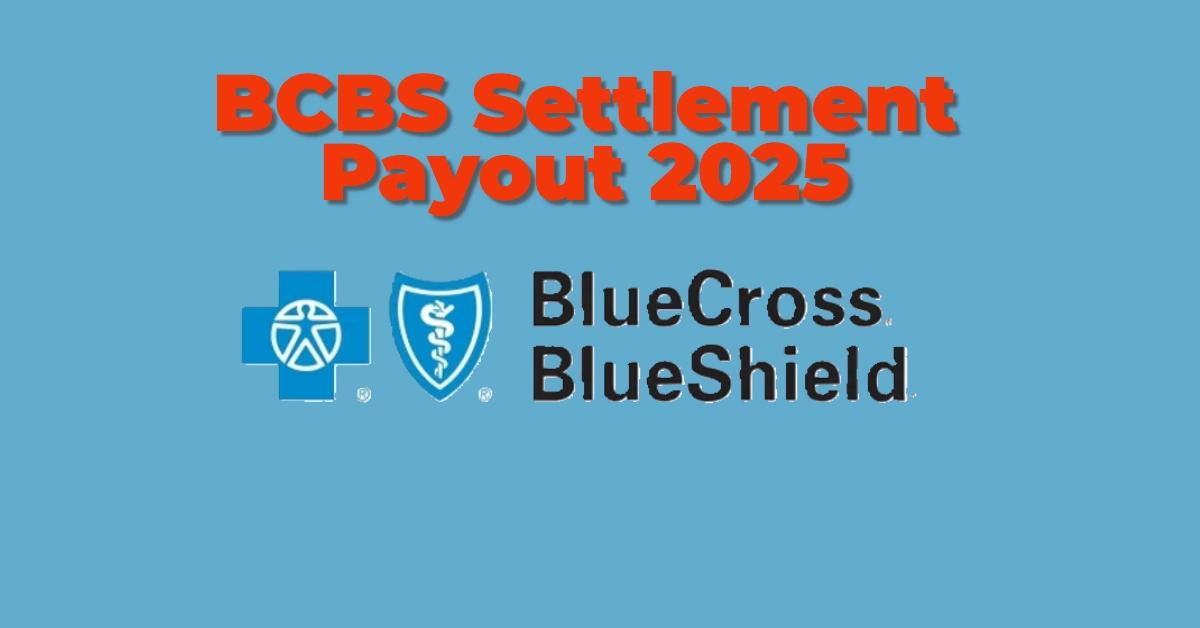




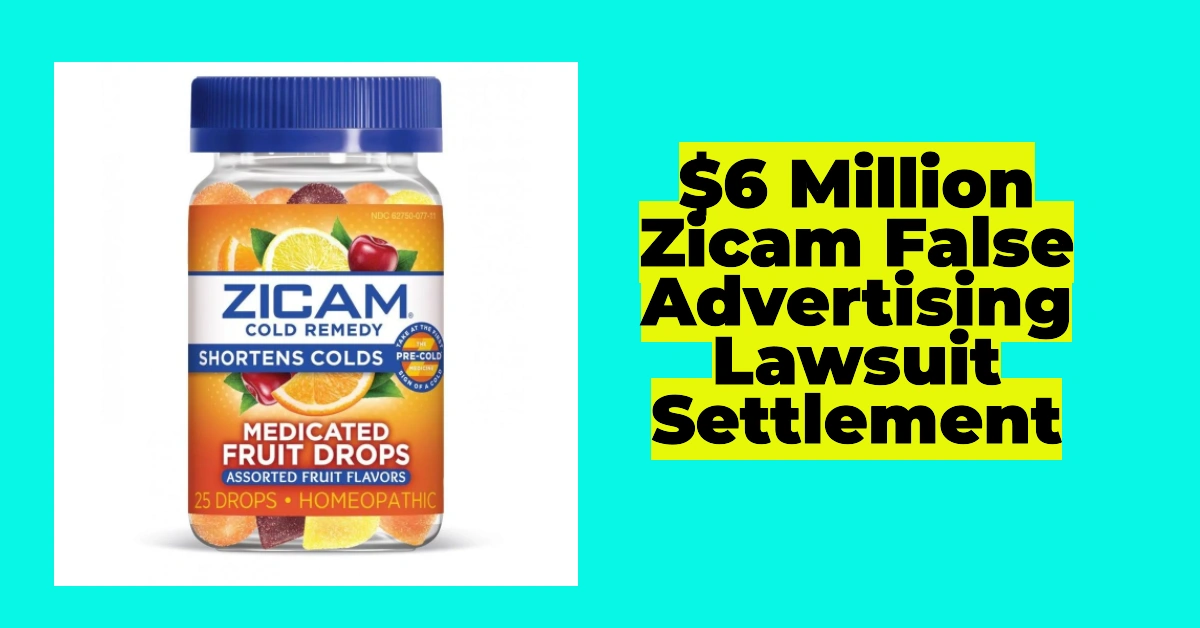

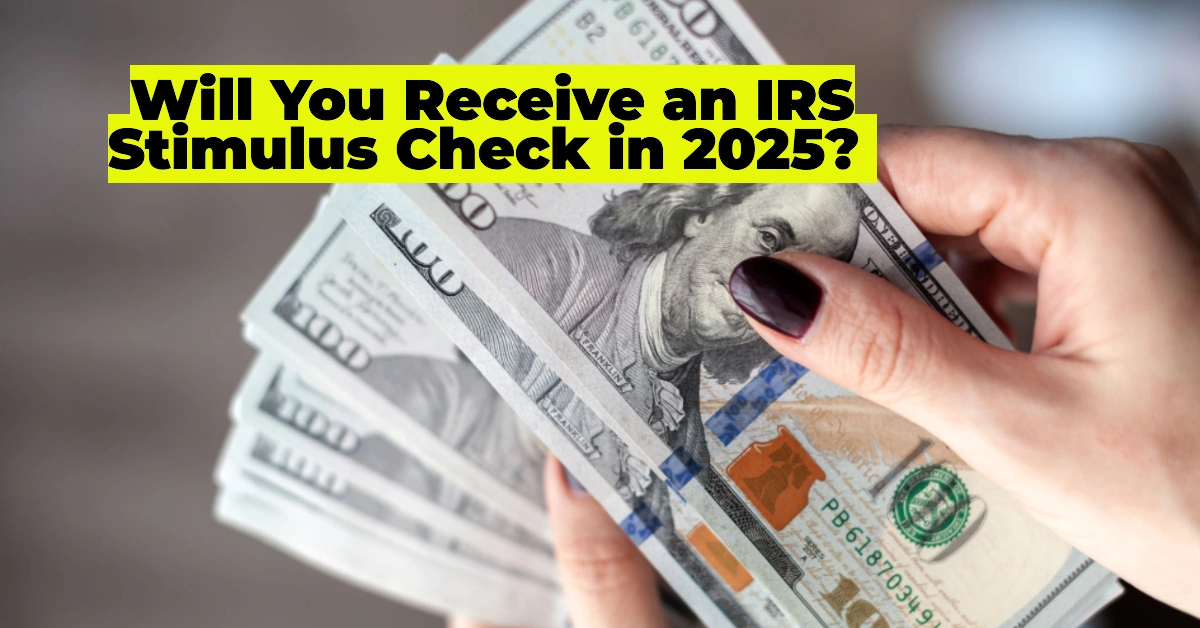

10 thoughts on “Credit Karma Lawsuit 2024: FTC Issues $2.5 Million in Payments to Victims of Misleading Pre-Approval Claims”